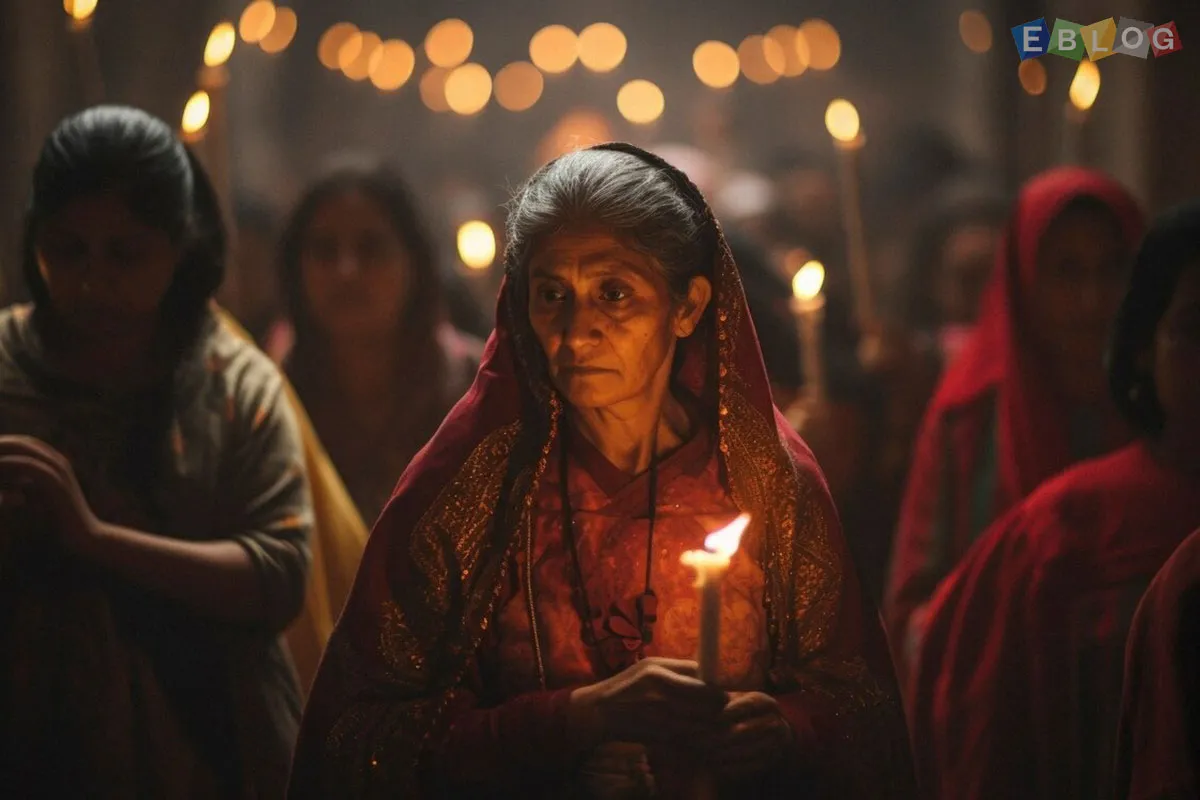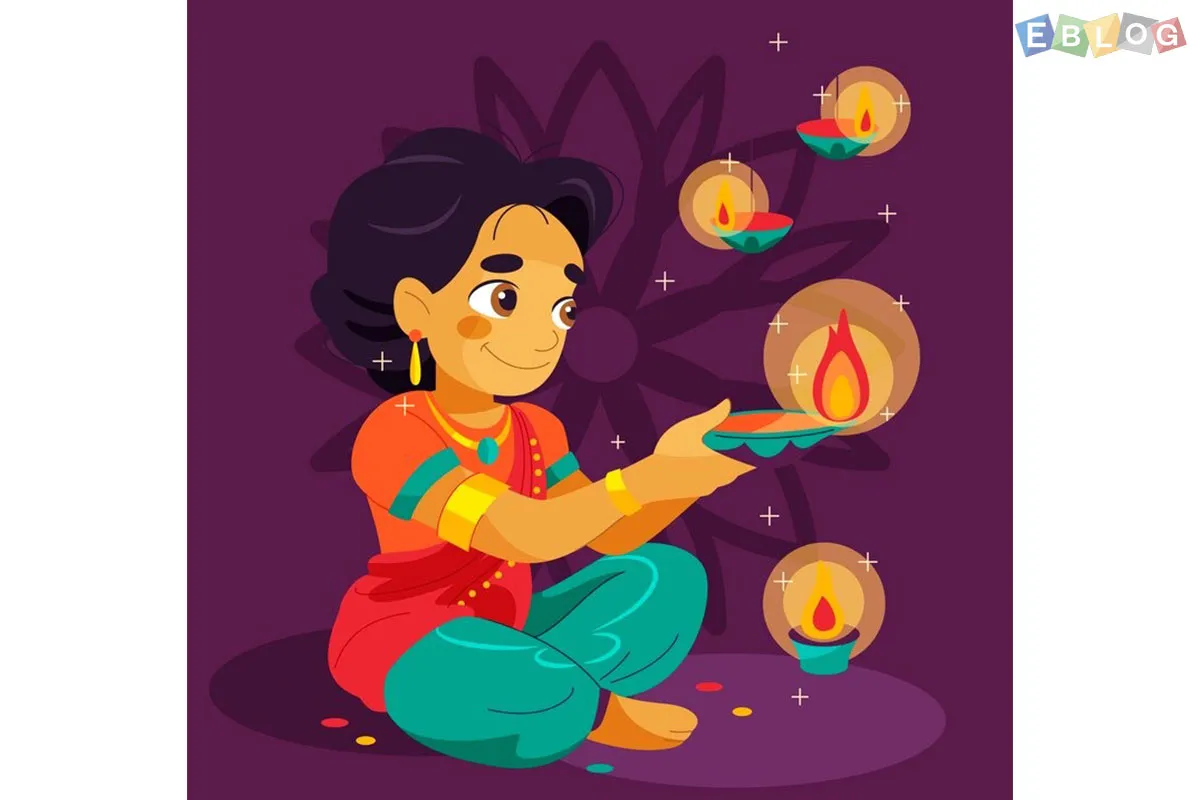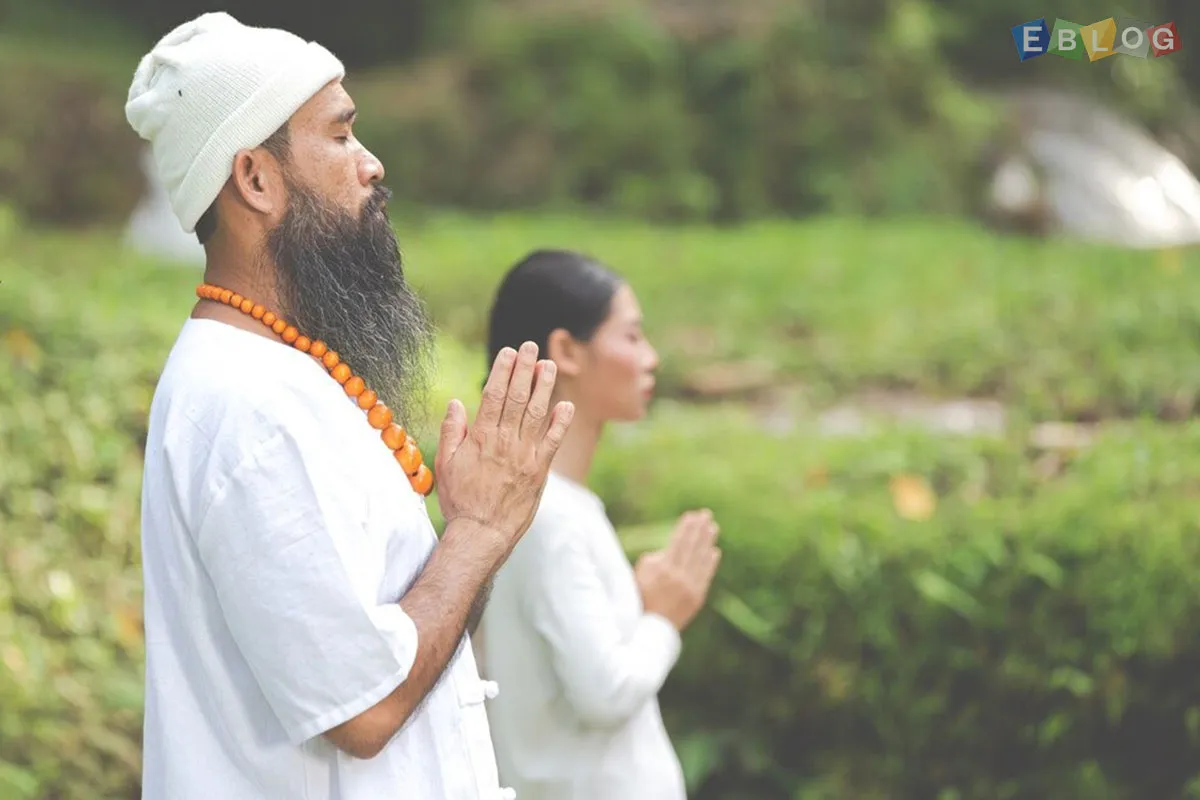
Women in Religion: Historical and Contemporary Perspectives
- 25 Oct, 2024
- Religious
- 551 Views
- 0 Comments
Throughout history, women have played significant yet often underrecognized roles in religious traditions across the globe. From ancient priestesses to modern leaders, their contributions have shaped faith practices, community structures, and spiritual beliefs. This blog explores the historical and contemporary perspectives of women in religion, highlighting their roles, challenges, and the progress made towards greater inclusivity.
1. Historical Perspectives
a. Ancient Religions: Priestesses and Spiritual Leaders In many ancient civilizations, women held important positions within religious hierarchies. For example, in ancient Greece, priestesses served in temples dedicated to goddesses like Athena and Demeter, overseeing rituals and ceremonies. Similarly, in ancient Egypt, women like Hatshepsut wielded power not only as queens but also as high priestesses, embodying both political and spiritual authority.
b. Biblical Figures: Women of Faith The Bible features numerous women who played pivotal roles in religious narratives. Figures such as Miriam, the sister of Moses, and Deborah, a judge and prophetess, exemplify strong leadership in ancient Israelite society. Their stories are often celebrated for their courage and faith, yet the historical interpretation has sometimes marginalized their contributions.
c. Religious Reformers and Mystics The Middle Ages saw women like Hildegard of Bingen and Julian of Norwich emerge as influential spiritual figures. Hildegard, a Benedictine abbess, was a visionary and composer whose writings on theology and medicine are still studied today. Julian's revelations about God's love and mercy challenged prevailing views of sin and punishment, offering a more compassionate understanding of faith.
2. Contemporary Perspectives
a. Women in Leadership Roles Today, women are increasingly taking on leadership roles within various religious traditions. From female bishops in the Anglican Church to women leading congregations in various denominations, their presence marks a significant shift in religious governance. Organizations like the Women’s Ordination Conference advocate for women’s full inclusion in church leadership, pushing for equality in traditionally male-dominated spaces.
b. Activism and Social Justice Women are at the forefront of many religiously motivated social justice movements. Figures like Sister Simone Campbell of NETWORK Lobby for Catholic Social Justice and Reverend Dr. Liz Theoharis, co-chair of the Poor People’s Campaign, demonstrate how faith can inspire activism. They address issues such as poverty, immigration, and racial justice, using their spiritual platforms to advocate for systemic change.
c. Reinterpreting Religious Texts Feminist theology has emerged as a critical field of study, challenging traditional interpretations of religious texts that have often excluded or misrepresented women. Scholars like Rosemary Radford Ruether and Elizabeth Schüssler Fiorenza examine biblical narratives through a feminist lens, seeking to recover the voices and experiences of women in sacred texts.
d. Interfaith Initiatives and Collaboration Women are also leading interfaith initiatives that promote dialogue and understanding among different religious traditions. Organizations like the Women’s Interfaith Network and the Parliament of the World’s Religions highlight women’s roles in fostering peace and cooperation across faiths. These efforts emphasize the importance of collaboration in addressing global challenges.
3. Challenges and Ongoing Struggles
Despite significant progress, women in religion still face numerous challenges. Patriarchal structures often limit their roles, and gender discrimination persists in many faith communities. In some traditions, women are still barred from leadership positions or their contributions are overlooked. Additionally, issues such as sexual abuse scandals within religious institutions have led to calls for greater accountability and reform.
4. Conclusion
The historical and contemporary perspectives of women in religion reveal a complex tapestry of contributions, struggles, and triumphs. As we celebrate the achievements of women in various faith traditions, it’s essential to continue advocating for their inclusion and recognition. By addressing historical injustices and challenging contemporary barriers, we can work towards a more equitable and inclusive religious landscape. Women have always been integral to the fabric of faith, and their voices must continue to be heard as we navigate the future of spirituality and community.















Leave a Reply